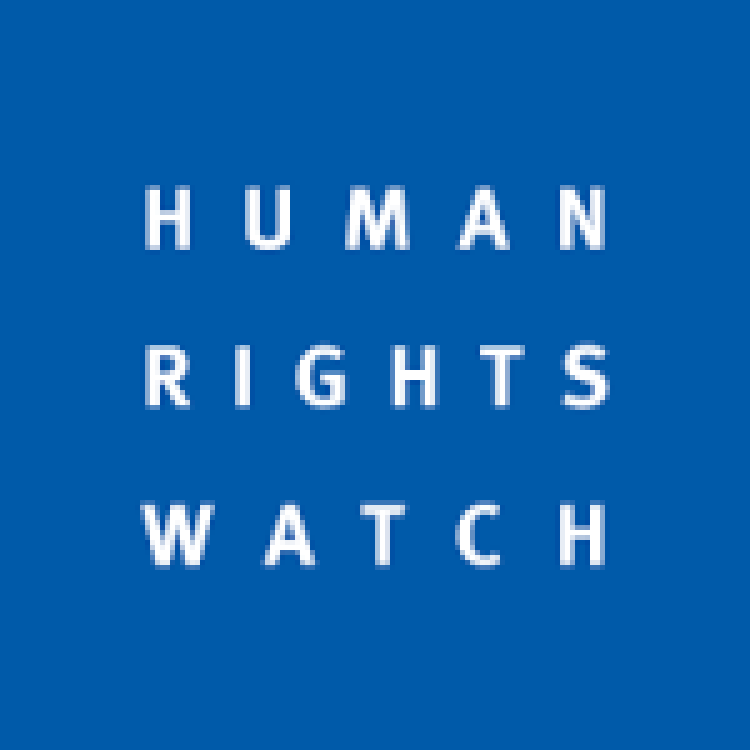.jpg)
Myanmar’s civilian leader Aung San Suu Kyi has travelled to the Hague to defend her regime over the charges of alleged genocide against its Rohingya Muslim population.
Once hailed as a human rights heroine globally and the winner of a Nobel Peace Prize, she left on Sunday for the International Court of Justice (ICJ) in one of the most-high profile international cases in recent times. Her failure to acknowledge the ethnic cleansing of her country’s Rohingya Muslim minority has led to her reputation being heavily tarnished with the US Holocaust Memorial Museum revoking her Elie Wiesel award last year.
Despite the accusations, thousands of supporters gathered to voice their support for Ms Suu Kyi and dozens of supporters are expected to demonstrate throughout the next few days at the Hague, in the Netherlands.
Myanmar vehemently rejects allegations that emerged from the military’s brutal ethnic cleansing crusade which saw over 730,000 Rohingya Muslims flee to Bangladesh. The lawsuit indicting genocide – which include rape, abuse and mass murders – was filed by Gambia, a small Muslim majority West African country.
The Gambia’s submission, has been backed by UN reports that described the crimes as executed with “genocidal intent”. It states,
“The genocidal acts committed during these operations were intended to destroy the Rohingya as a group, in whole or in part, by the use of mass murder, rape and other forms of sexual violence, as well as the systematic destruction by fire of their villages, often with inhabitants locked inside burning houses.”
Ms Suu Kyi will represent Myanmar in defence against Gambia’s Abubacarr Marie Tambadou, the country’s attorney general and justice minister, who had a role in prosecuting cases for Rwanda’s genocide. He will open the case on Tuesday and will urge for the court to immediately recognise the genocide and cease violence against Rohingya Muslims, with the closing statements from both sides concluding on Thursday.


